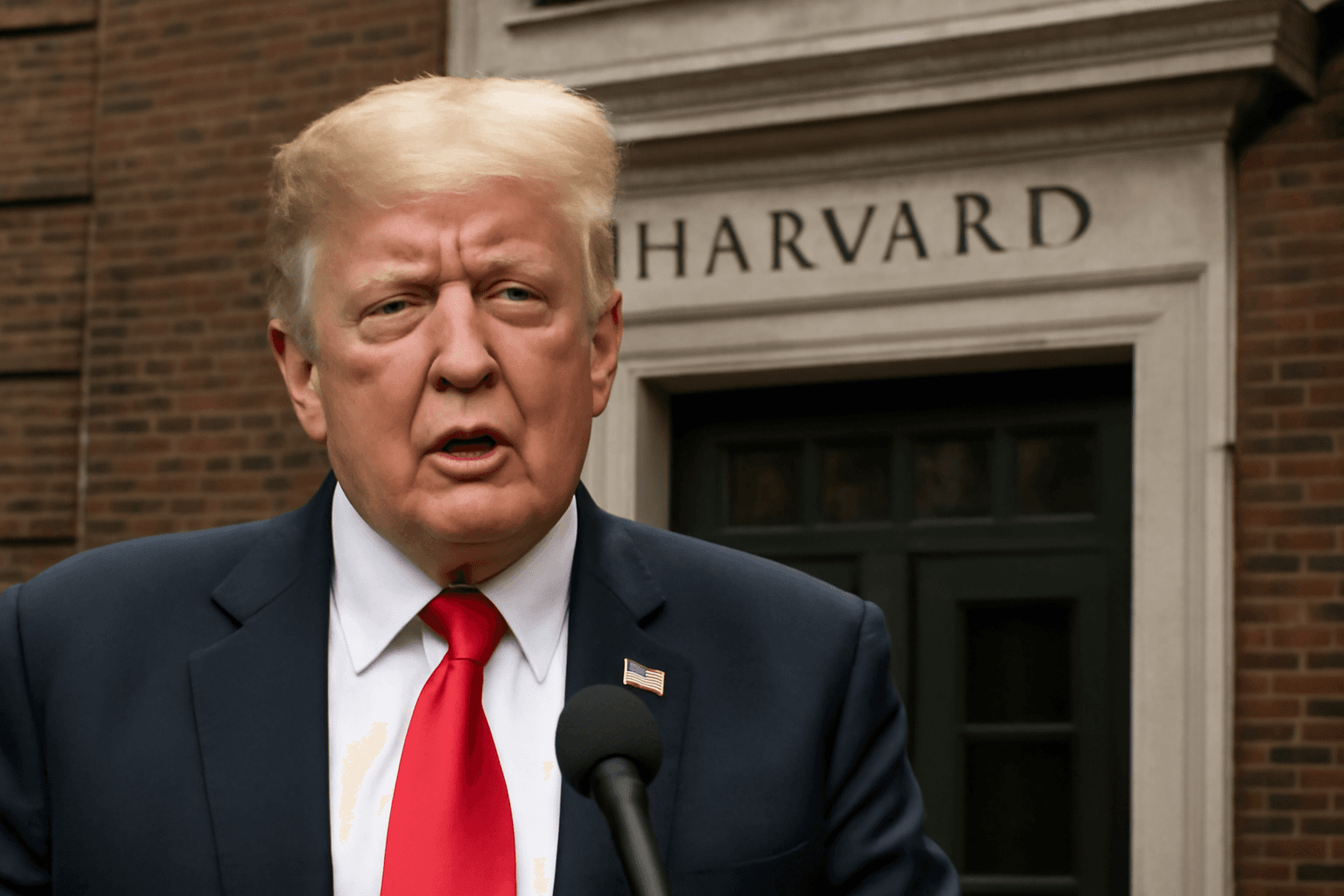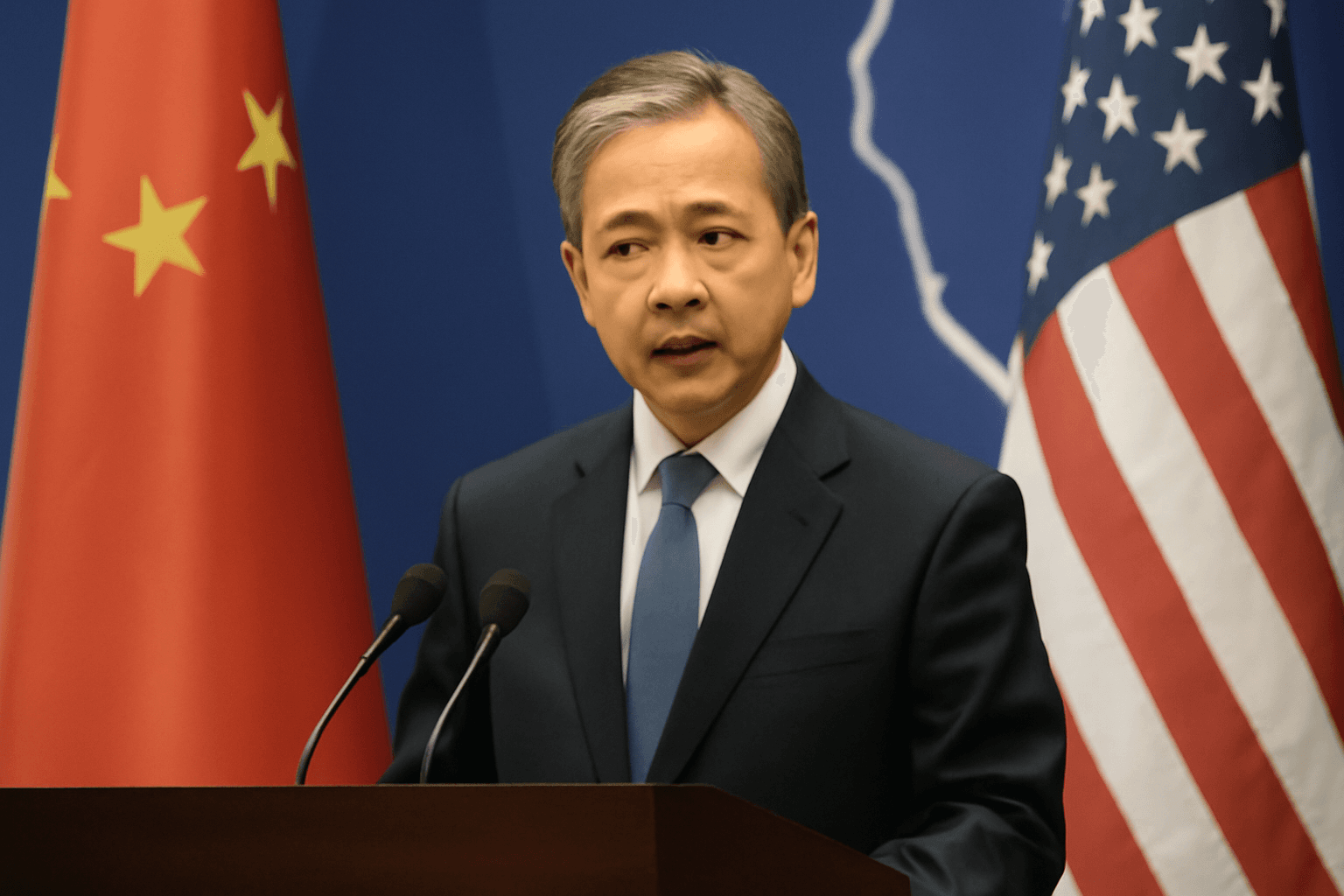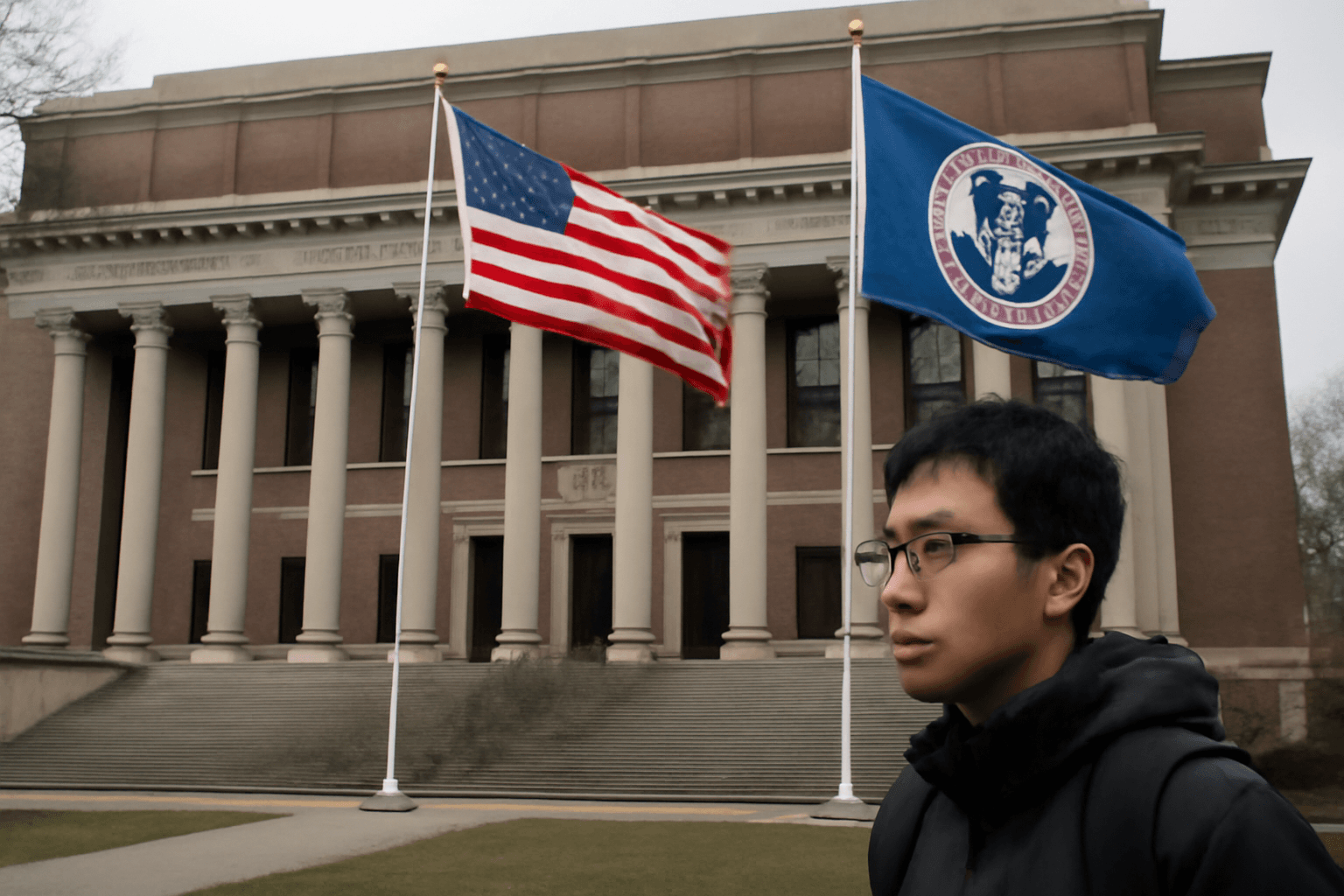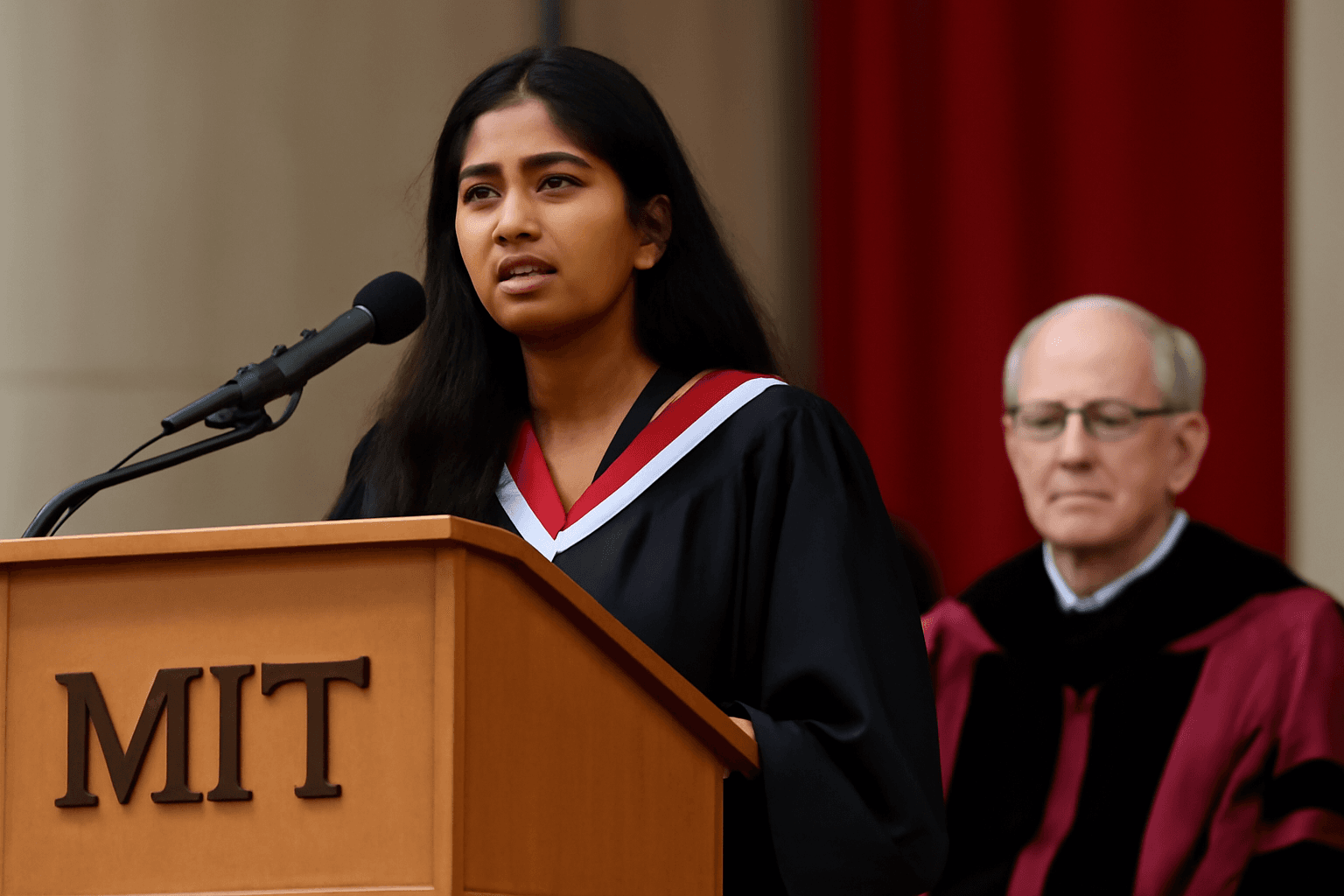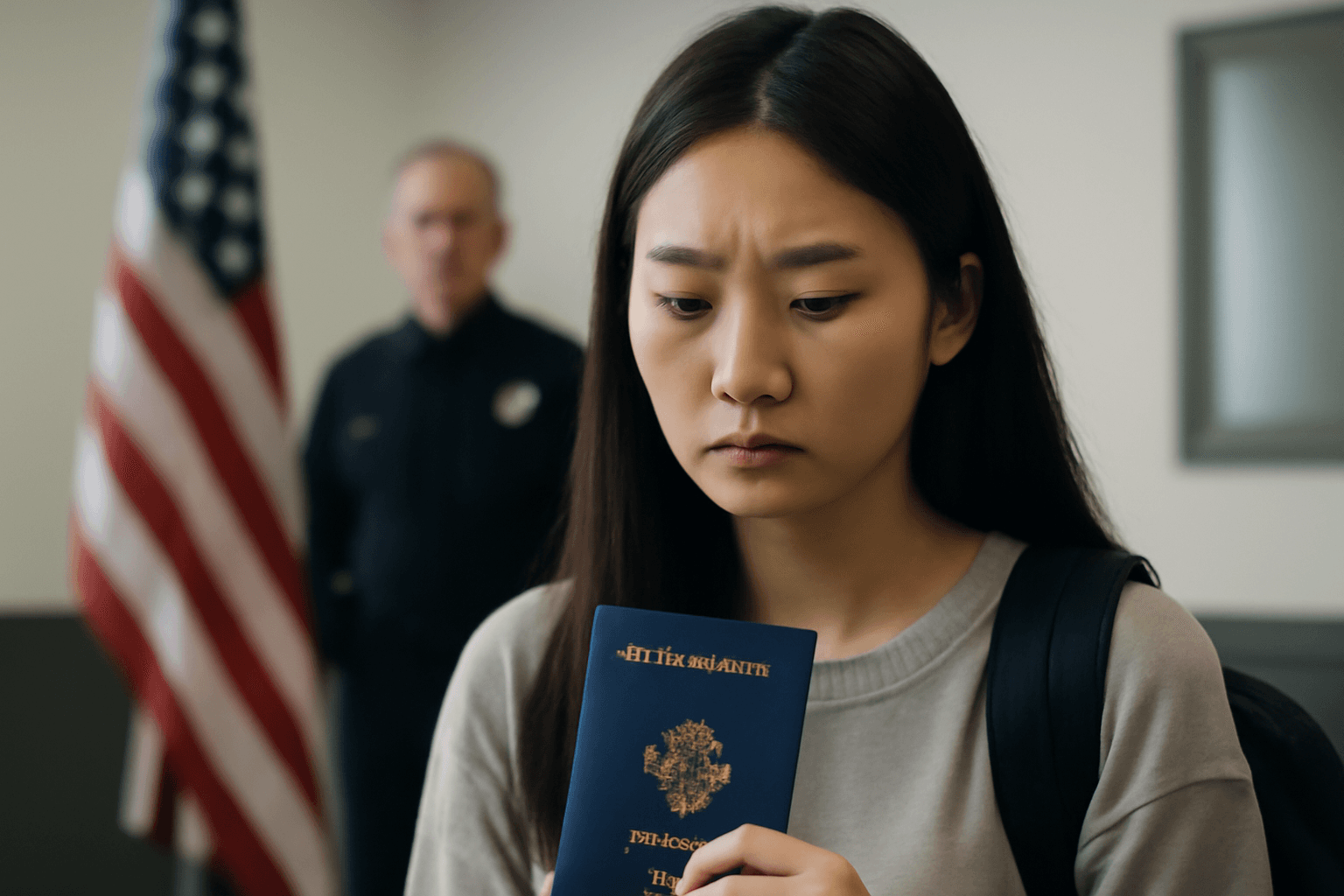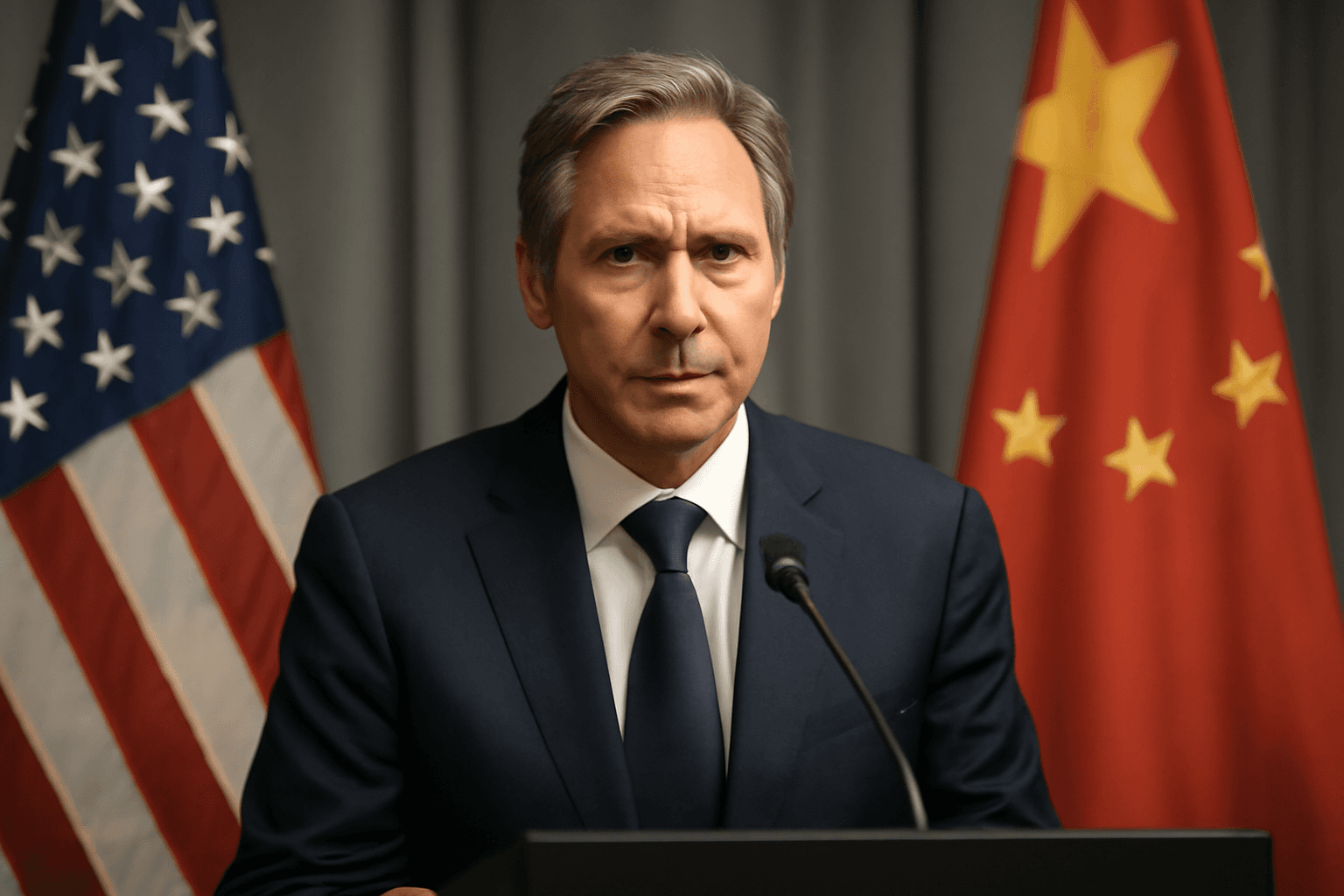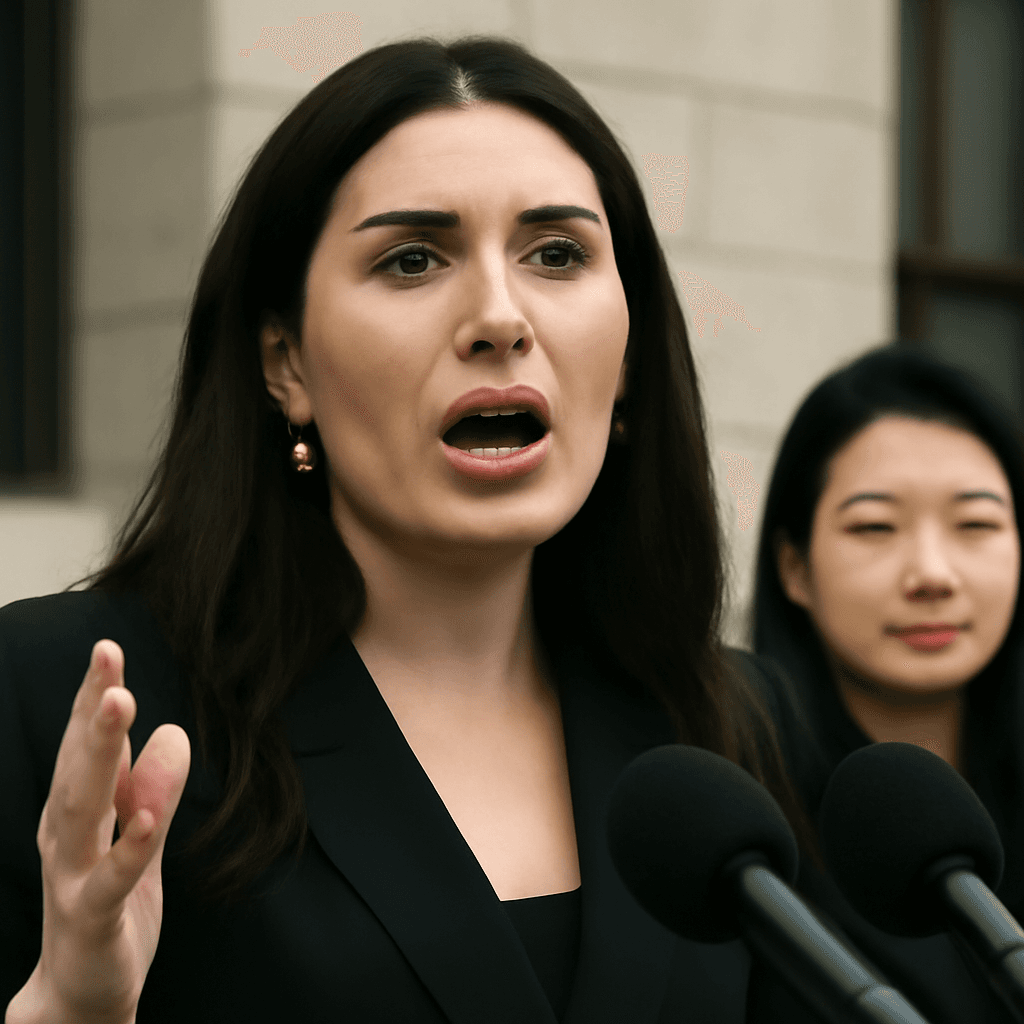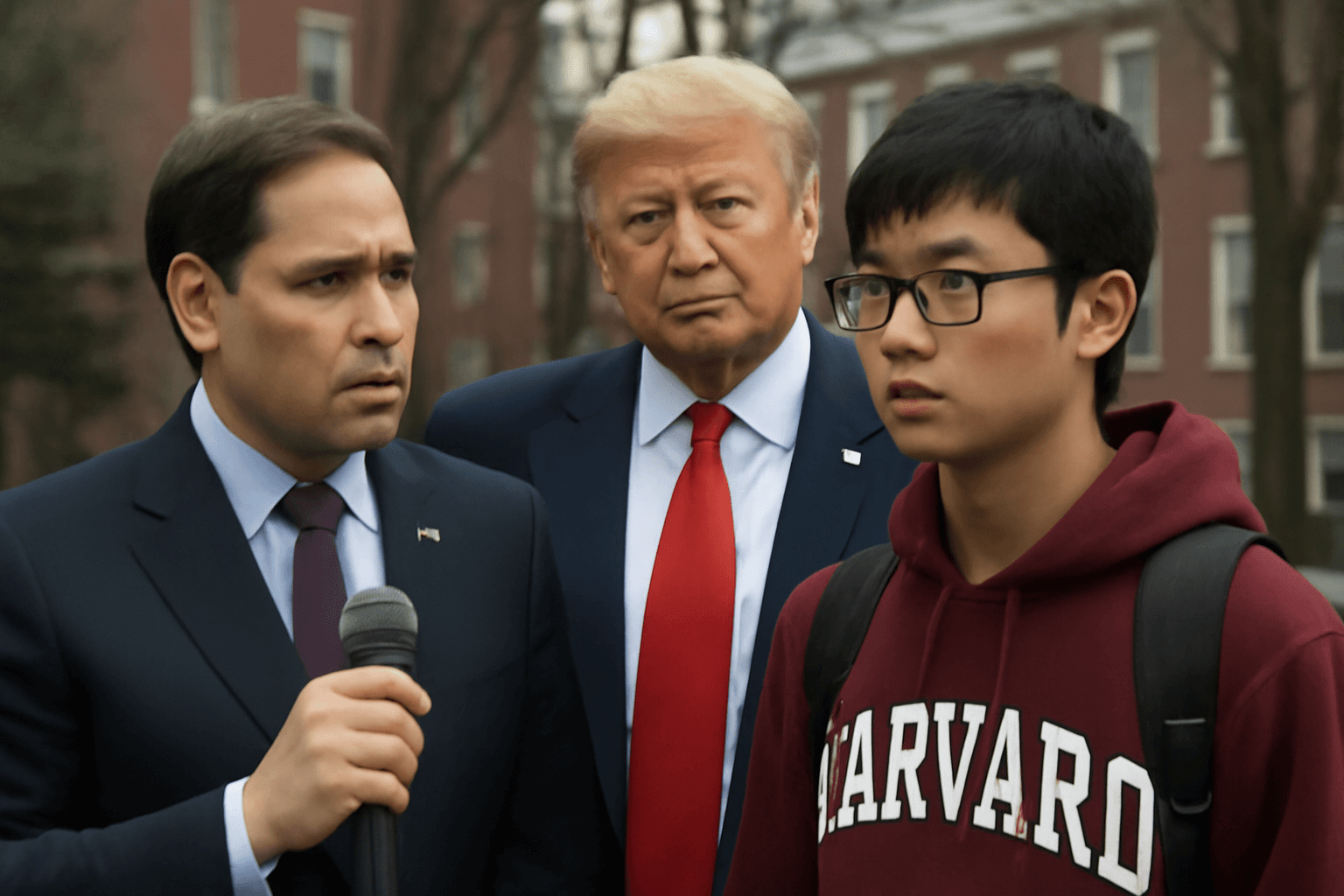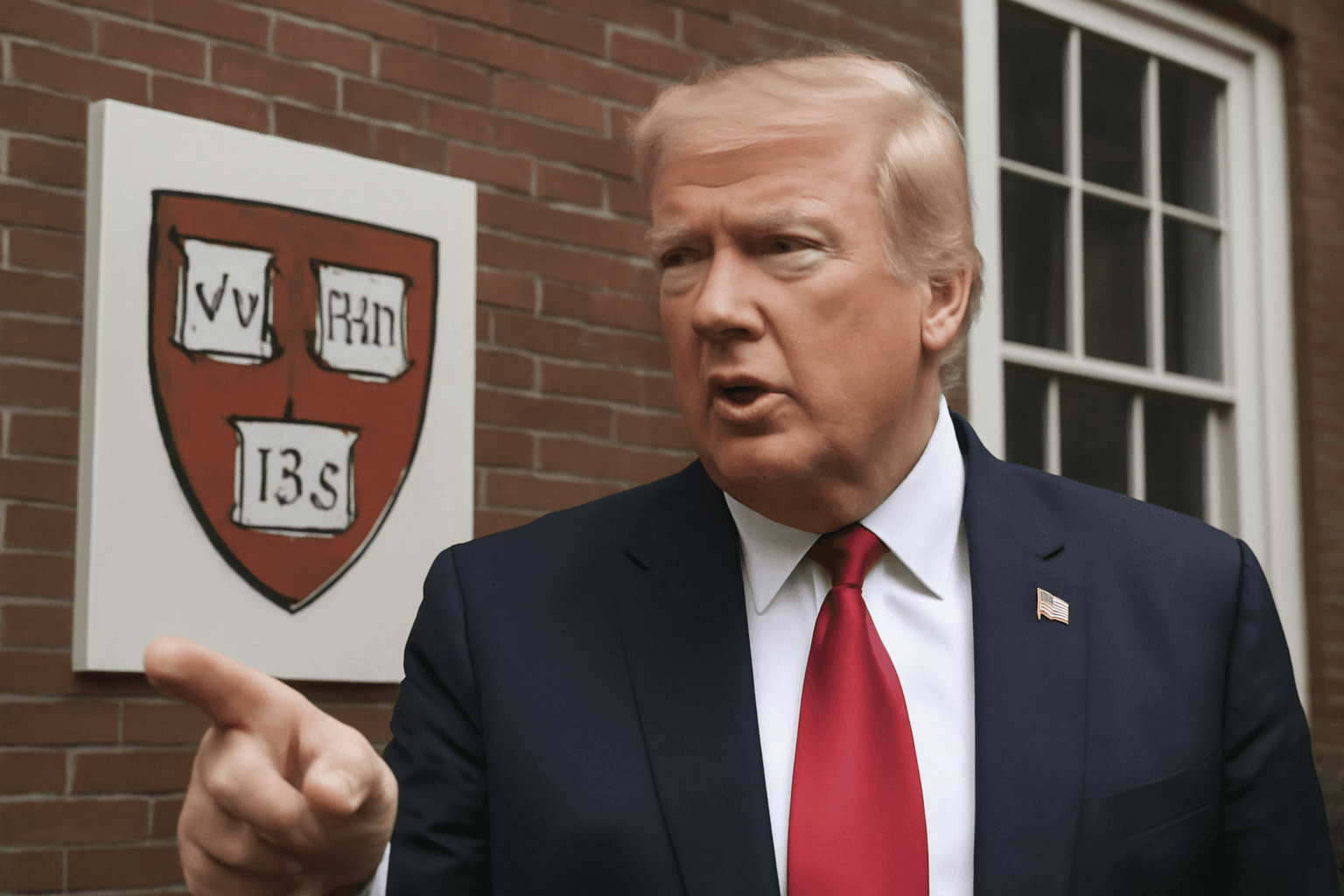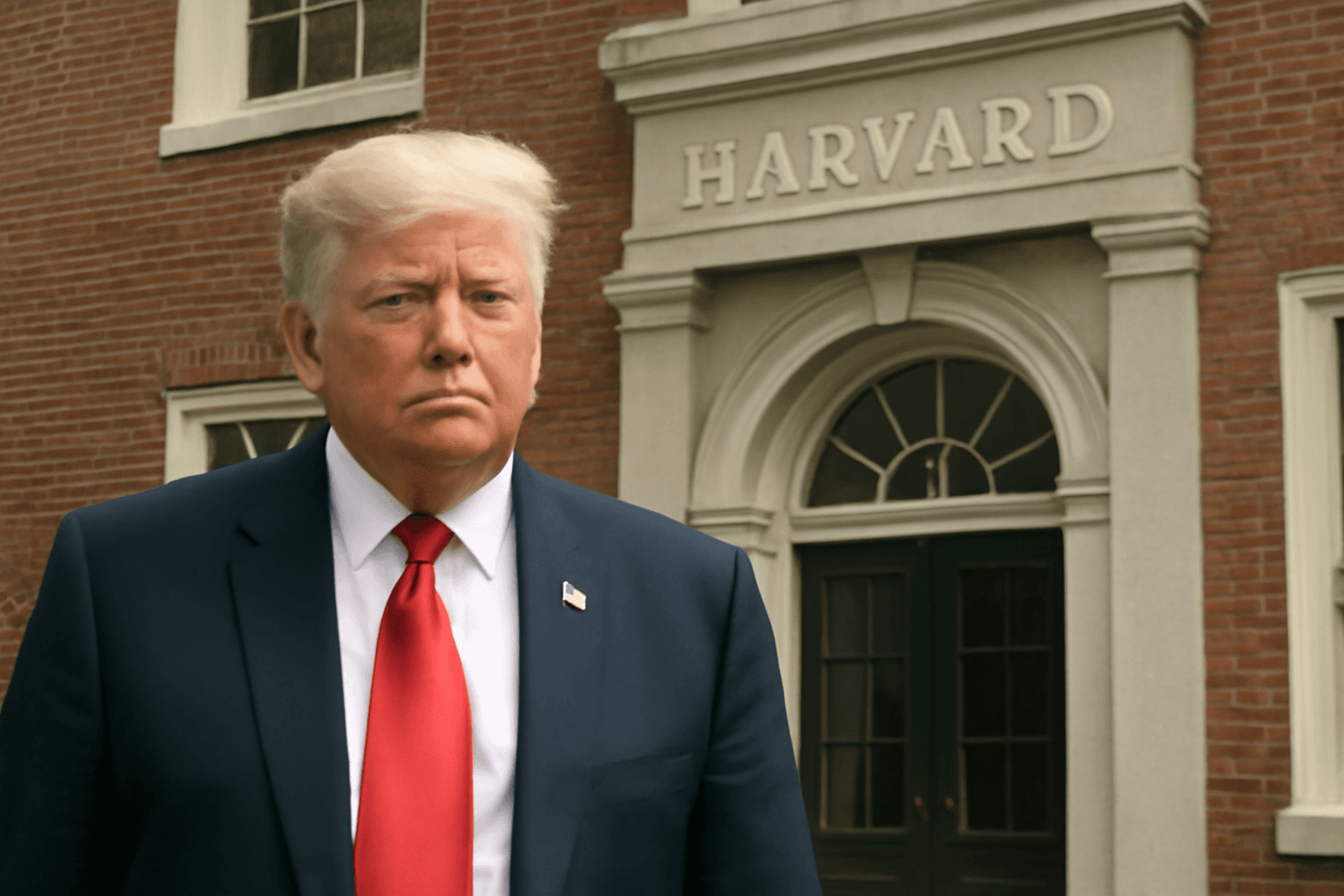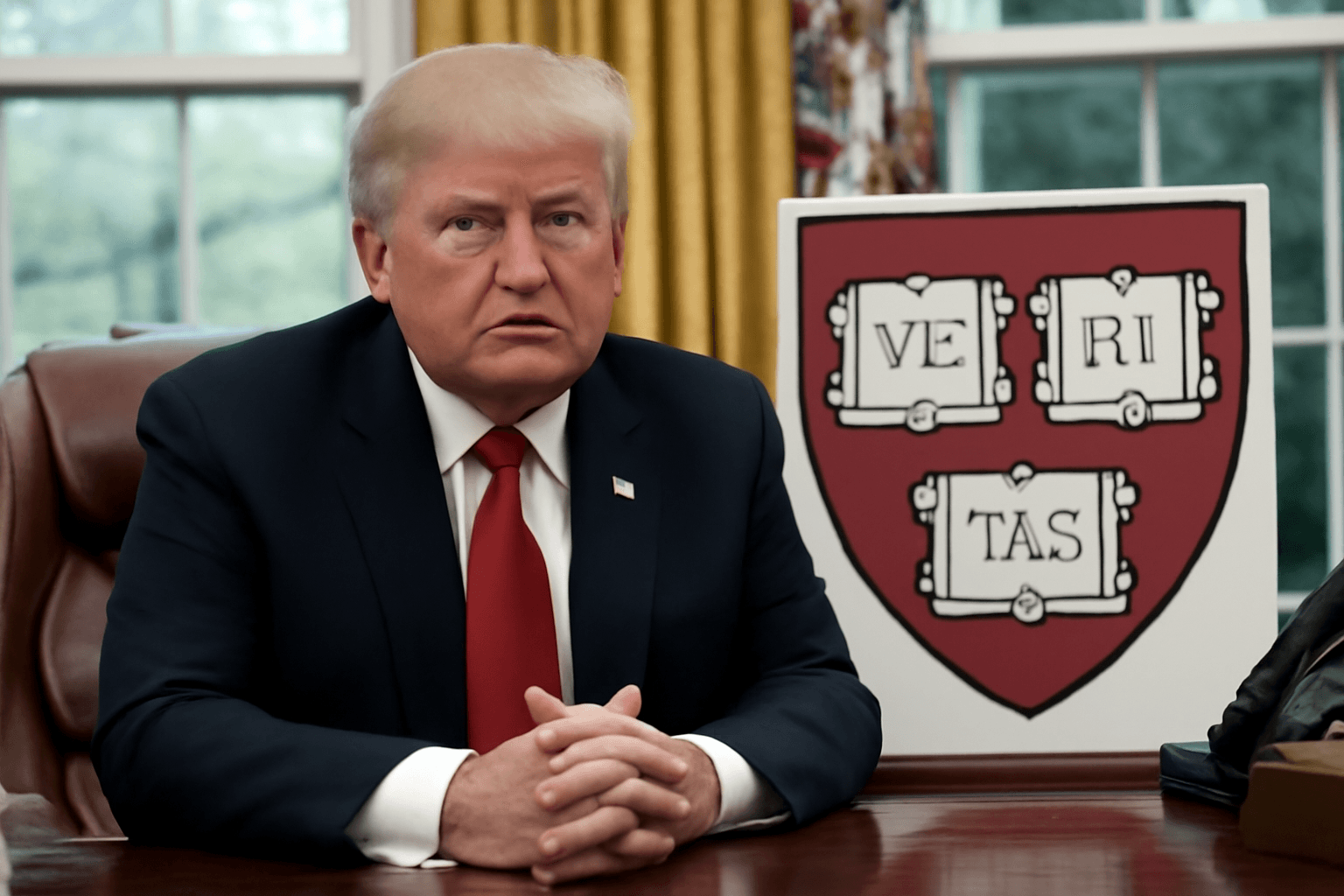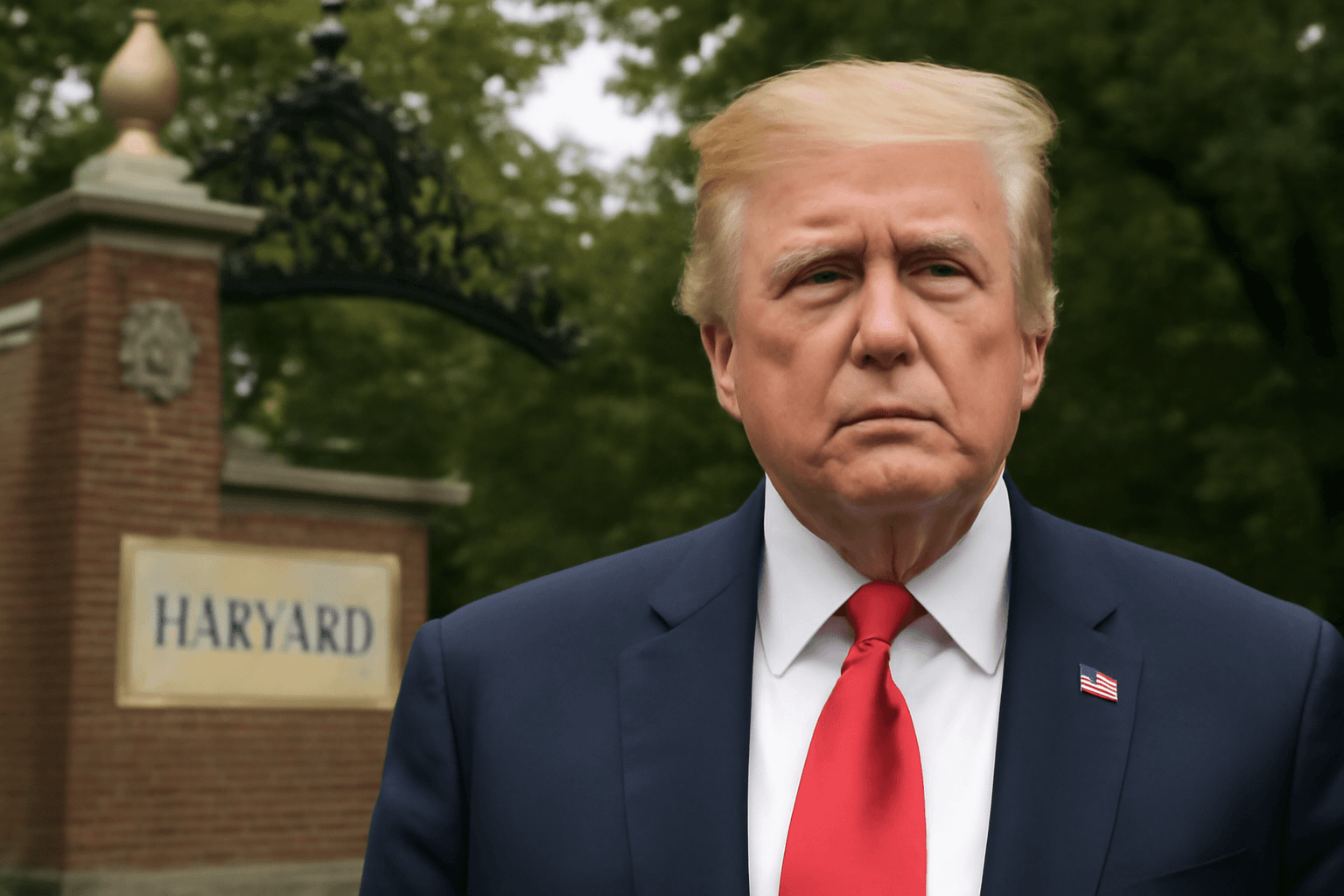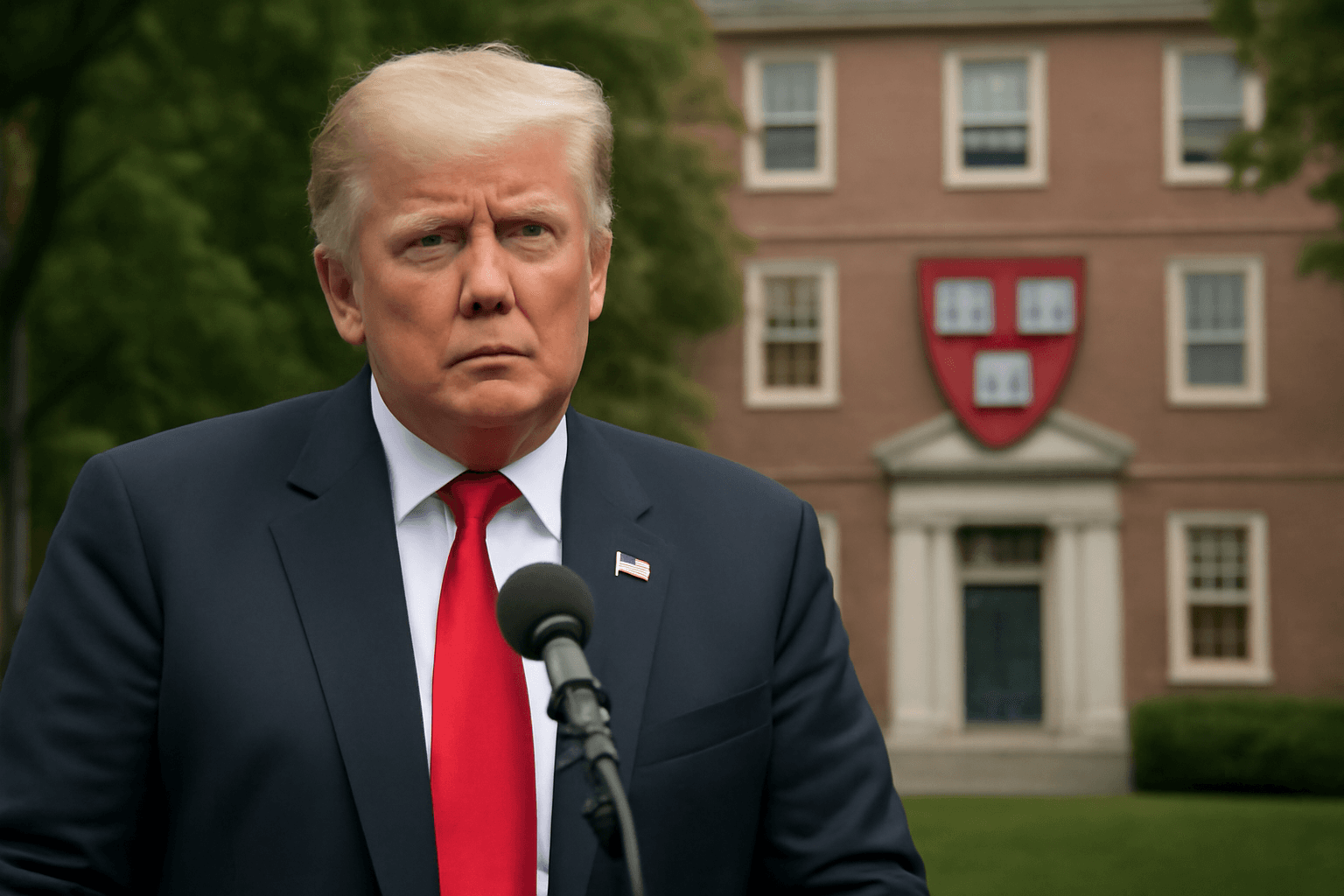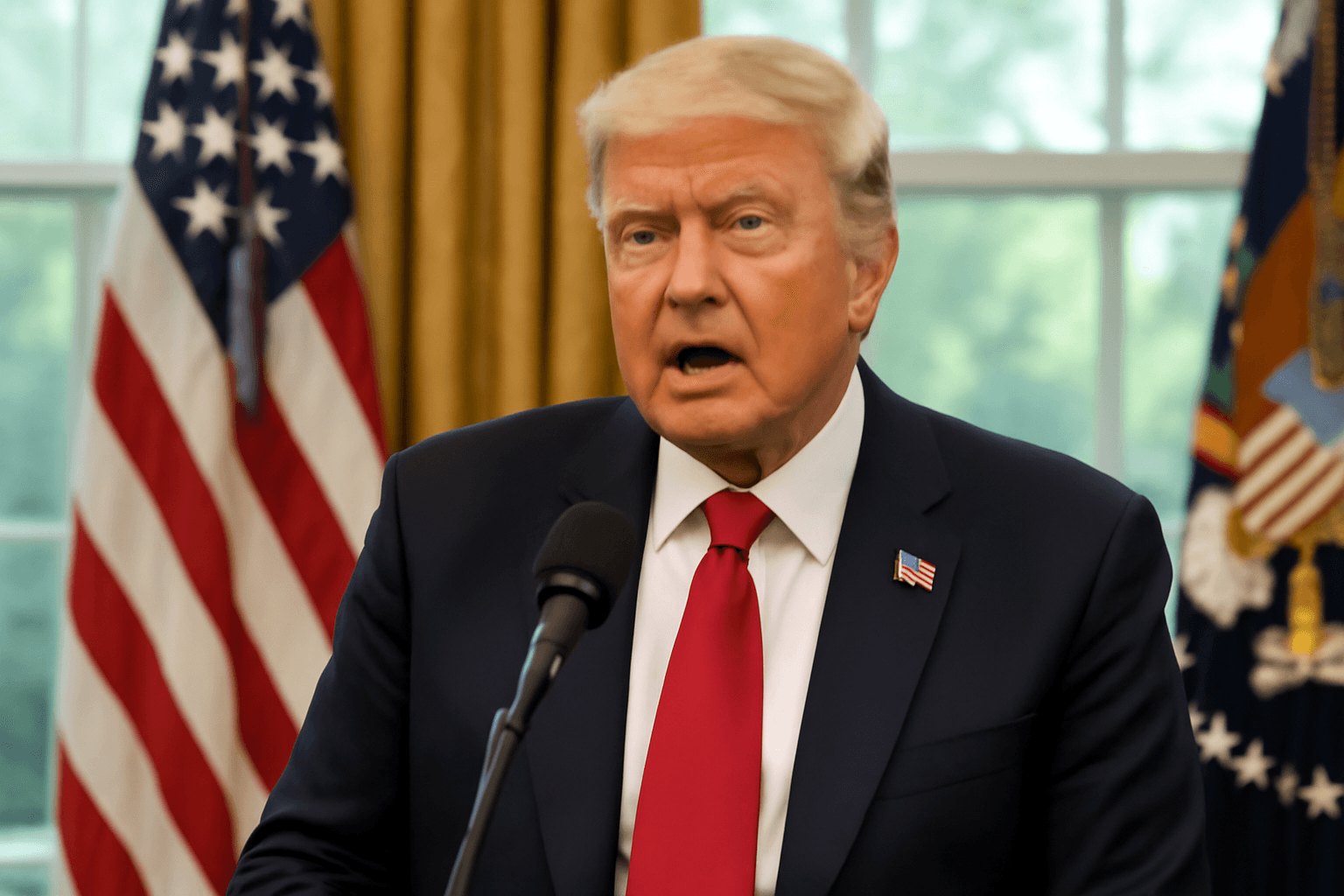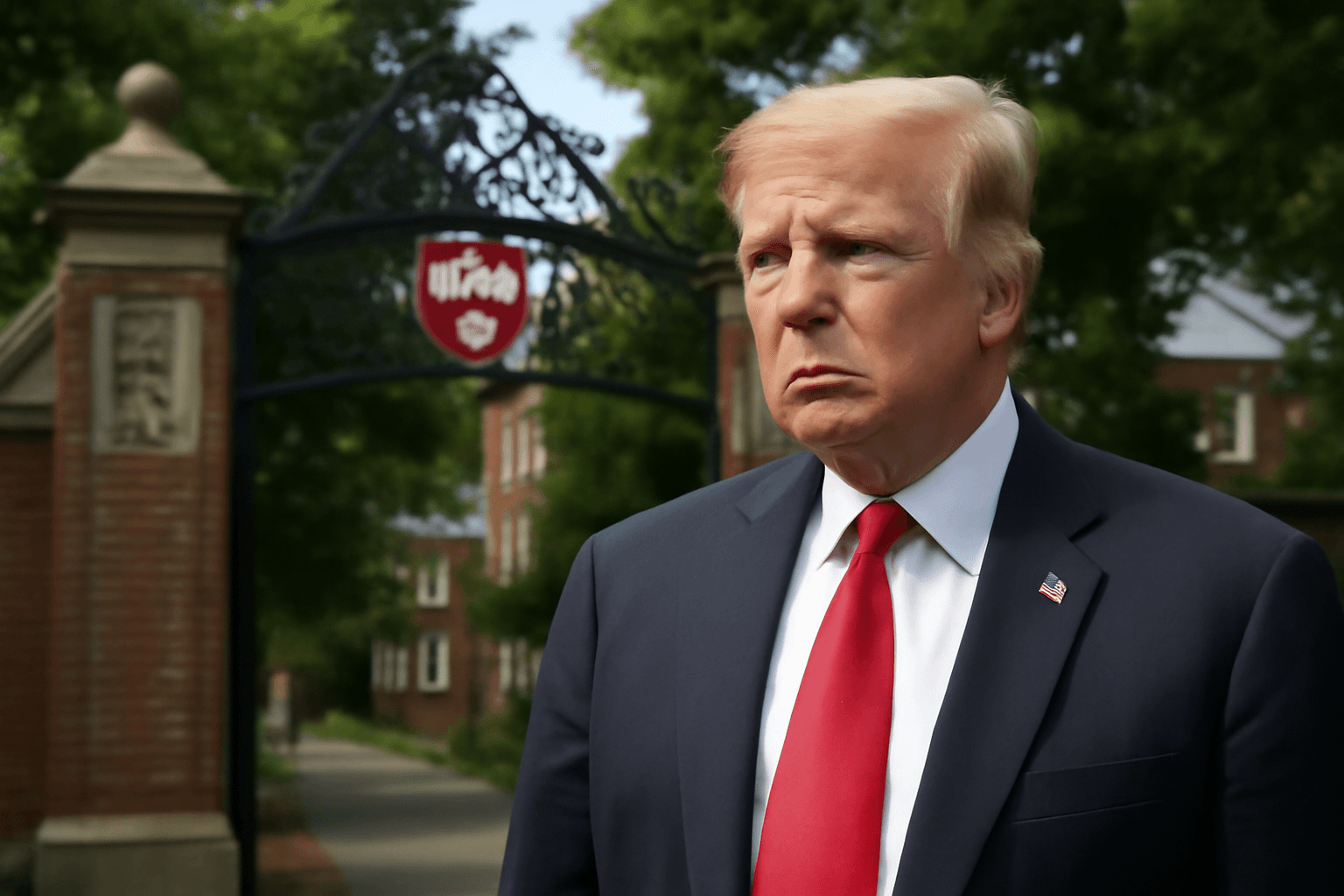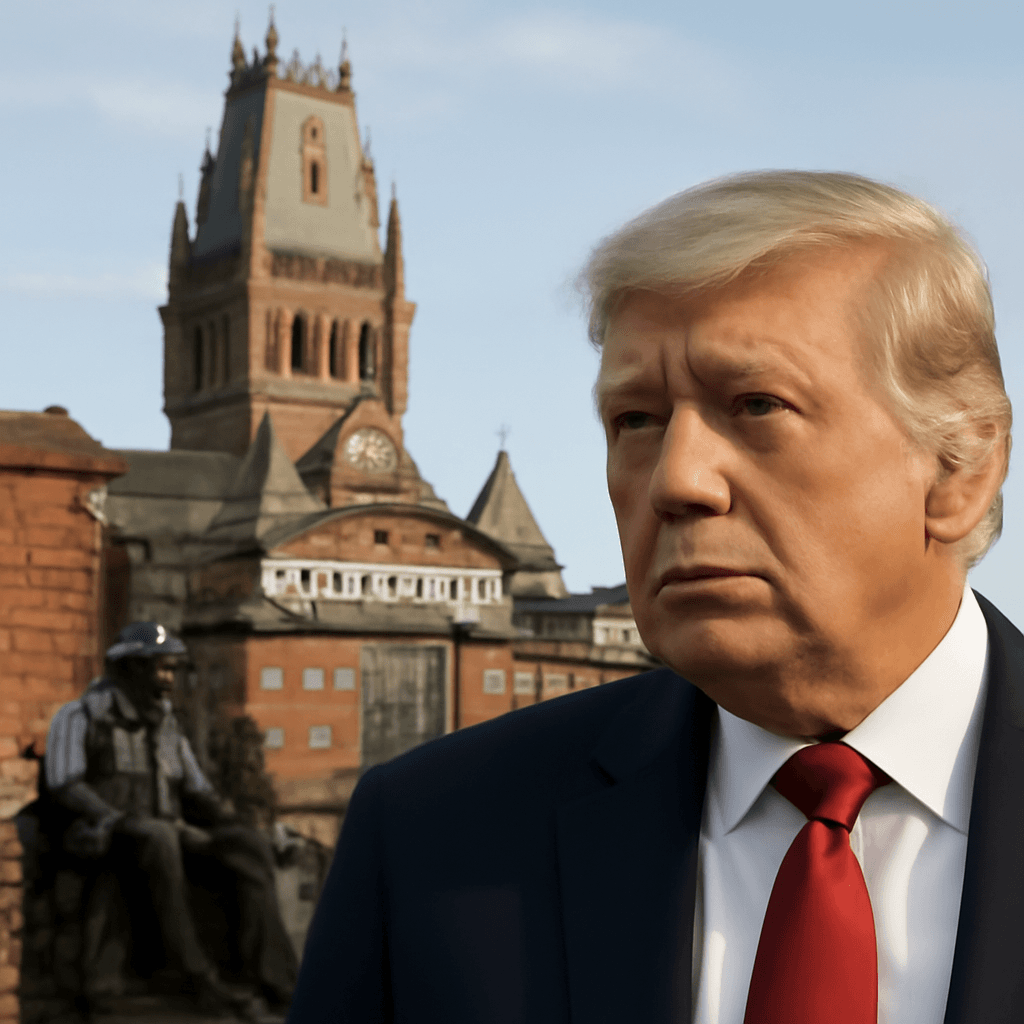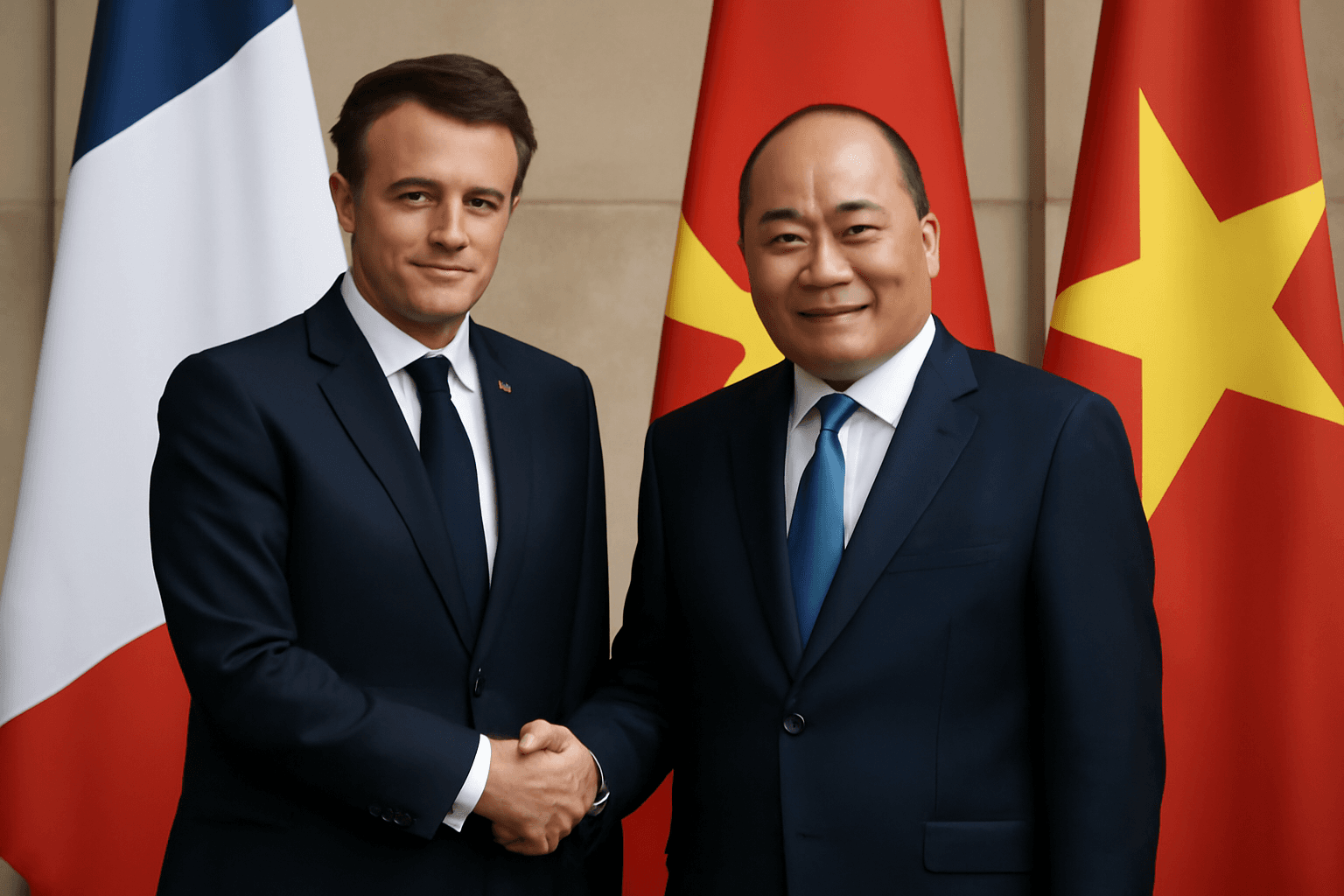In light of recent controversies surrounding Harvard University, former President Donald Trump defended his administration's efforts to limit the enrollment of foreign students. Speaking to reporters, Trump criticized the university's demographic composition, asserting that 31% of its student body comprises foreign nationals. He argued that American taxpayers should not be financially supporting such a high number of international students, claiming it was unfair to domestic applicants who aspire to attend the prestigious institution.
Trump's comments followed a significant move by the Department of Homeland Security, which temporarily revoked Harvard's ability to enroll foreign nationals. This decision, grounded in national security concerns, was met with swift legal challenges from the university, which accused the federal government of acting arbitrarily and unlawfully. A federal judge subsequently suspended the action, offering temporary reprieve to both the university and its international students.
During his remarks, Trump stated, "We give them billions of dollars, which is ridiculous," referring to financial grants provided to Harvard. While he admitted he does not have an inherent issue with foreign students, he contended that the current proportion was excessive, suggesting it adversely impacted American applicants: "We have Americans who want to go there and can't go there." He called for transparency regarding the identities of foreign students, stating that it was a reasonable request given the substantial financial support the university receives from taxpayers.
In addition to critiquing Harvard's foreign student policy, Trump leveled accusations of antisemitism at the institution, demanding immediate action against it. His statements have reignited discussions about the balance between domestic and international student enrollment in American universities and the implications for funding and national security.
As this situation develops, both legal battles and public opinions will likely continue to evolve, marking a significant chapter in the intersection of education, policy, and international relations.

